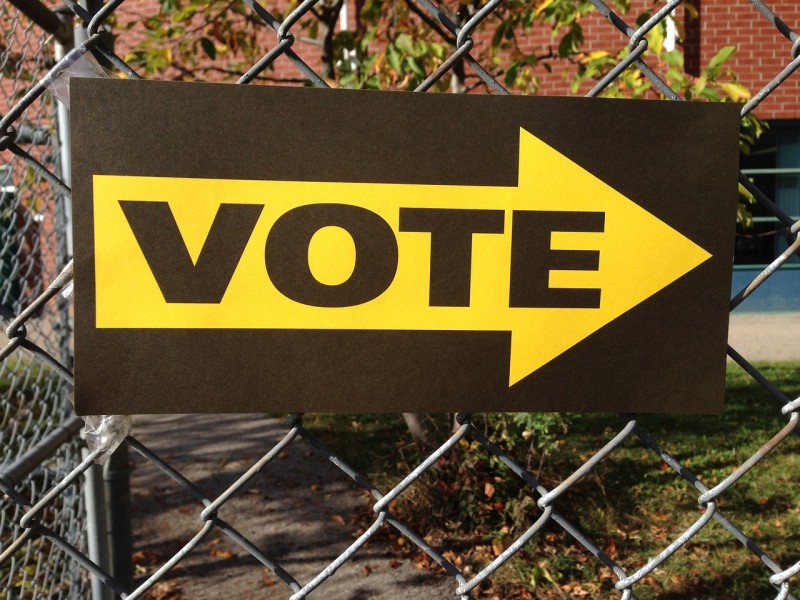JEFFERSON CITY, Mo. — Monday kicked off with opening arguments in the most recent legal challenge to a Missouri law requiring voters to present a photo ID at the polls.
Cole County Senior Judge Richard Callahan is presiding over the bench trial in the lawsuit filed in June 2018 by a national progressive group on behalf of a 71-year-old Jackson County woman. The trial is expected to last through Wednesday.
Mildred Gutierrez, who has been a registered voter for more than four decades, and Priorities USA, a Democratic-aligned group who advocates for voting rights, allege that the law passed by the Missouri General Assembly creates undue burdens for voters and is unconstitutional.
Attorneys representing Secretary of State Jay Ashcroft argue that the law provides free photo identifications for those that do not have one, allows for an alternate form of voting, and that the lawsuit is based on “dubious and unsubstantiated claims.”
In opening arguments Monday morning, attorneys representing the plaintiffs said that the goal is to “vindicate the constitutional right to vote.”
The right to vote is, “a right that is at the core of our democracy and is the essence of representative government. It ensures that all citizens, regardless of their age, race, gender, wealth, have a voice in the affairs of government and the election of those who will govern,” said the plaintiffs’ attorneys.
They argued that Missouri voter ID law, which passed through the General Assembly as HB 1631 in 2016, placed an undue burden — through additional barriers and cost — on certain Missourians.
Gutierrez is one such Missourian, according to the plaintiffs. In her 70s, Gutierrez suffers from seizures, arthritis, and poor eyesight. She does not have a valid driver’s license.
In November 2017, she voted by signing the affidavit — without reading it — that she was who she said she was and didn’t have a form of ID. Gutierrez said she would not have signed the affidavit if she has read it.
Since then she has obtained her “free” state issued ID to vote, though she had to pay $11 to obtain it — she was reimbursed the cost on the day of her deposition after the lawsuit was filed. Attorneys noted that some have been denied the free ID for voting if they have previously obtained a state-issued ID, such as in Gutierrez’s case.
“For voters who are unable to navigate these new and unnecessary procedural hurdles, the path to casting an effective ballot is fraught with uncertainty and unwarranted threats of criminal penalties,” the plaintiffs argued.
The defense dismissed claims of disenfranchisement as “dubious and unsubstantiated fear” and stated that there is no evidence of mass confusion or eligible citizens being prevented from voting.
The law provides three paths to voting, according to attorneys for the state. They stated that more than 11,400 Missourians have voted by signing the sworn affidavit and that more than 1,000 state IDs have been issued.
“There is no evidence of mass confusion,” the defense stated. “The system is working.”
The defense did recognize that the academic literature is “very mixed” when it comes to the effect of voter ID requirements. There expert is the matter is expected to demonstrate that there is no impact or a potential upward bump in voter turnout.
Defense attorneys also said in the opening statement that the state measure is, in fact, constitutional by national standards.
“When one reads the Constitution, they must read it as a whole,” the defense attorneys said. “This law gives legislators the right to impose photo ID requirements.”

Alisha Shurr was a reporter for The Missouri Times and The Missouri Times Magazine. She joined The Missouri Times in January 2018 after working as a copy editor for her hometown newspaper in Southern Oregon. Alisha is a graduate of Kansas State University.








